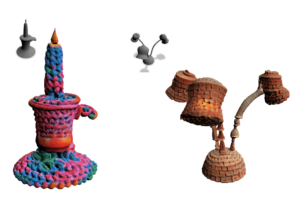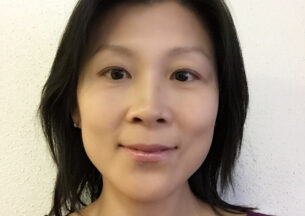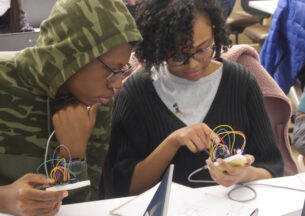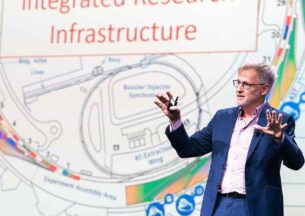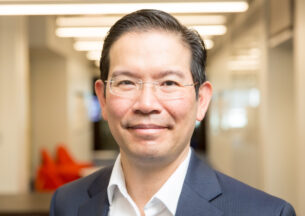Tarun Mangla (Georgia Tech) - Video QoE Estimation Using Network Measurement Data
Video QoE Estimation Using Network Measurement Data
More than ever before, last-mile Internet Service Providers (ISPs) are forced to efficiently provision and manage their networks to meet the growing demand for Internet video. This network optimization requires ISPs to have an in-depth understanding of end-user video Quality of Experience (QoE). However, understanding video QoE is challenging for ISPs as they generally do not have access to applications at end-user devices. Instead, they rely on measurements of network traffic to estimate objective QoE metrics. This is challenging due to the complex relationship between the network observable data and the video QoE metrics resulting from HTTP-based Adaptive Streaming (HAS) mechanisms; these mechanisms provide robustness to short-term variations in the underlying network conditions by using a video buffer and bitrate adaptation.
In this talk, I will present methods that enable ISPs to infer video QoE from passive network measurements. Our developed methods model a video session based on the network traffic dynamics of the HAS protocol; thus, making them fairly generalizable and minimally dependent on ground truth QoE metrics. I will first describe MIMIC, a session modeling-based approach to infer QoE for unencrypted video. I will then describe how we extend MIMIC to infer QoE for encrypted video using packet traces. Finally, I will describe VideoNOC, a video QoE inference system for cellular ISPs. In designing VideoNOC, we address system challenges to measure video QoE inside a cellular ISP, arising largely because of the scale of the network traffic and the complex cellular network architecture. VideoNOC is currently deployed inside a major cellular operator in the US.
Host: Nick Feamster

Tarun Mangla
Tarun Mangla is a PhD student in the School of Computer Science at the Georgia Institute of Technology, co-advised by Mostafa Ammar and Ellen Zegura. His research interests span video streaming, network measurements, and cellular networks. He completed his bachelors in Computer Science and Engineering from Indian Institute of Technology, Delhi (2014) and MS in Computer Science from Georgia Tech (2018). He is a recipient of the Best Paper Award at IFIP TMA, 2018.







